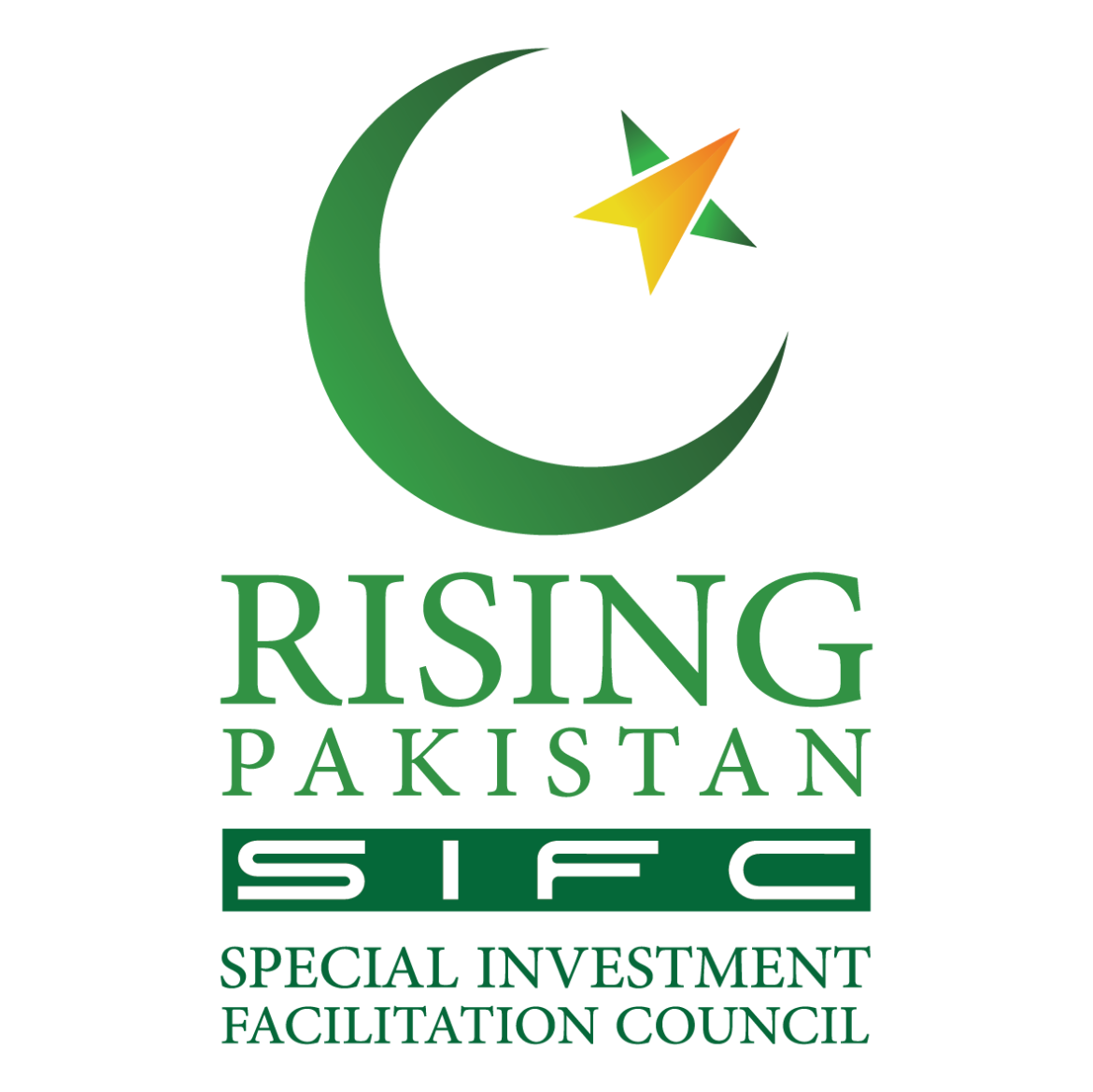By Staff Reporter
ISLAMABAD: Pakistan’s newly created Special Investment Facilitation Council (SIFC) to attract foreign investors has come under scrutiny from the International Monetary Fund (IMF), which has advised the country to avoid creating distortions or preferential treatment in its business deals, Dawn newspaper reported on Wednesday.
Deputy Chairman Planning Commission Jehanzeb Khan said the IMF mission, which is in the country to conduct the first quarterly review of the $3 billion Standby Arrangement, had raised questions about the need and transparency of the SIFC, which was announced by the previous coalition government of Pakistan Democratic Movement in June last.
“They want transparency and accountability should be above board in these matters,” Khan told journalists on Tuesday, adding that the IMF team was satisfied with the SIFC briefing and explanations.
The SIFC— of which the army chief is a member, and the military plays a key role in attracting foreign investment, was formed to steer the country out of the economic crisis.
The military has a significant role in the new body, with the army chief being a member of its apex committee and the army itself serving as the national coordinator for both the apex and executive committees. An army official is also the director general of the body’s implementation committee.
Khan, who is also the secretary to the SIFC, said the country is ready to start talks with Saudi Arabia on the sale of stakes in the Reko Diq gold and copper mine, a project valued at $70 billion, after completing a share-price evaluation.
“The advisers have completed their task ahead of time and the report is now with us,” Khan said. “Soon talks will begin as to what are their (Saudis’) expectations and what we can offer.”
Khan said SIFC will spearhead the commercial negotiations with Saudi Arabia and other potential investors to finalize the off-loading of shares in Reko Diq copper-gold project.
He, however, said the inflows would depend on the resolution of the Gaza crisis and the creation of an enabling environment.
“We have real offers and commitments from friendly countries… It is now our responsibility to create a conducive environment,” Khan said. “This ($70 billion investment) was not an abstract number. It was based on actual discussions and commitments.”
The Reko Diq mine is owned by a joint venture of Canada’s Barrick Gold Corp. and Pakistan’s federal and provincial governments, each holding a 50 percent, 25 percent, and 25 percent stake respectively.
Barrick considers the mine one of the world’s largest underdeveloped copper-gold areas, with the over $7 billion project capable of producing 200,000 tons of copper and 250,000 ounces of gold a year for more than half a century.
Barrick’s chief executive officer Mark Bristow has repeatedly said the company’s stake wasn’t up for sale, but it had no objection if Saudi Arabia wanted to buy out the equity of the Pakistan government.
Saudi Arabia’s Public Investment Fund, the kingdom’s sovereign wealth fund, has been looking to invest in copper projects across the world as part of its drive toward funding energy transition projects. Earlier this year, PIF agreed to acquire a 10 percent stake in Brazilian mining company Vale base metals business.
The fund has not yet commented on its interest in the Reko Diq project, but Saudi officials attended a mining conference in Islamabad in August where Barrick representatives were also present. Barrick and Saudi’s state-owned mining company Ma’aden jointly operate a copper project in Jeddah.
Copyright © 2021 Independent Pakistan | All rights reserved




